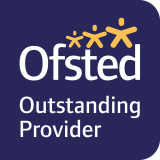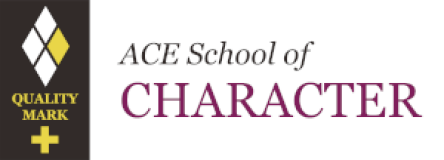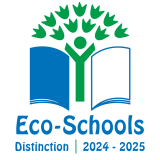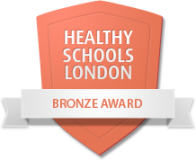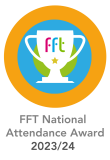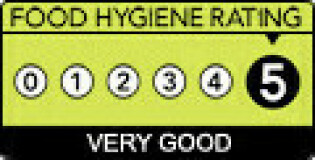Design & Technology
Staff
Mr M Cohen - Head of Department
Miss Y Bashorun - KS3 Progress and Achievement
Mr A Brooks
Mr D Runglall
Mr M Joyce - Technician
Mission Statement
Promoting the importance and development of creativity, problem solving and enterprise skills in our learners. We aim to enable our learners to engage with the issues effecting tomorrow’s society and to be adaptable as individual problem solvers.
We strongly believe that creativity and design are essential skills required by the nation. We are preparing our learners for a vast range of future careers, some of which do not even exist yet!
“Design Technology should be the subject where mathematical brainboxes and science whiz kids turn their bright ideas into useful products” James Dyson
Curriculum Intent
KS3
Year 7
CORE COMMUNICATION SKILLS (GRAPHICS)
TOY SPINNER PROJECT ( MATERIALS KNOWLEDGE)
MINI TORCH PROJECT & PROGRAMMABLE CIRCUITS (ELECTRONICS)
Year 8
LEARNING ESSENTIAL 2D & 3D COMPUTER AIDED DESIGN (CAD)
IDENTITY TAG PROJECT (CAD CAM)
METAL SKILLS PROJECT (MATERIALS KNOWLEDGE / ENGINEERING)
KS4
OCR GCSE DESIGN AND TECHNOLOGY- ENGINEERING PRODUCTS
Year 9 - Core Principles of Design and Technology
Becoming competent in the use of advanced CAD (computer aided design). Autodesk Inventor ®
Experience CAM (Computer aided manufacture) production and 3D printing (“Rapid Prototyping)
Developing specification writing skills
Developing problems solving abilities and communication skills
Learning the Iterative Design process
Developing an awareness of the importance of global society and issues effecting sustainability
Year 10 - In depth principles of design and technology
In depth knowledge of polymers and polymer production methods
In depth knowledge of timber and the various methods of manufacture and use.
The implications of wider issues when designing products for society.
Year 11 - The iterative design challenge
Students research, design, develop and manufacture a prototype product for a ‘real world’ client. They experience the true ‘iterative design journey’.
KS5
OCR Product Design - A level
The “A” Level course focuses on engineering, design, manufacturing, materials, processes, sustainability, recycling and the impact on the environment. It is simply not possible for an Engineer or Designer to develop a successful solution to a problem without having an insight into the implications for the manufacturer. Good professional engineers are not just mathematicians they are “Designers”.
Year 12
1) Identifying Requirements- What can be learnt by exploring contexts that design solutions are intended for?
2) Learning from existing products and practice- Why is it important to analyse and evaluate products as part of the design and manufacturing process?
3) Implications of wider issues- What factors need to be considered when designing and manufacturing products to overcome possible conflicts between moral and commercial factors?
4)Design thinking and communication- How do industry professionals use digital design tools to support and communicate the exploration, innovation and development of design ideas?
5) Material and component considerations- What factors influence the selection of materials that are used in products?
Selection of personal NEA and development of the project brief. This will run until March of year 13.
Year 13
6) Technical understanding - How do mechanisms provide functionality to products and systems?
7) Manufacturing processes and techniques - How can materials and processes be used to make iterative models?
How can materials and processes be used to make commercial products?
Completion of NEA and submission to exam board.
“Any sufficiently advanced technology is indistinguishable from magic.”
Arthur C. Clarke


